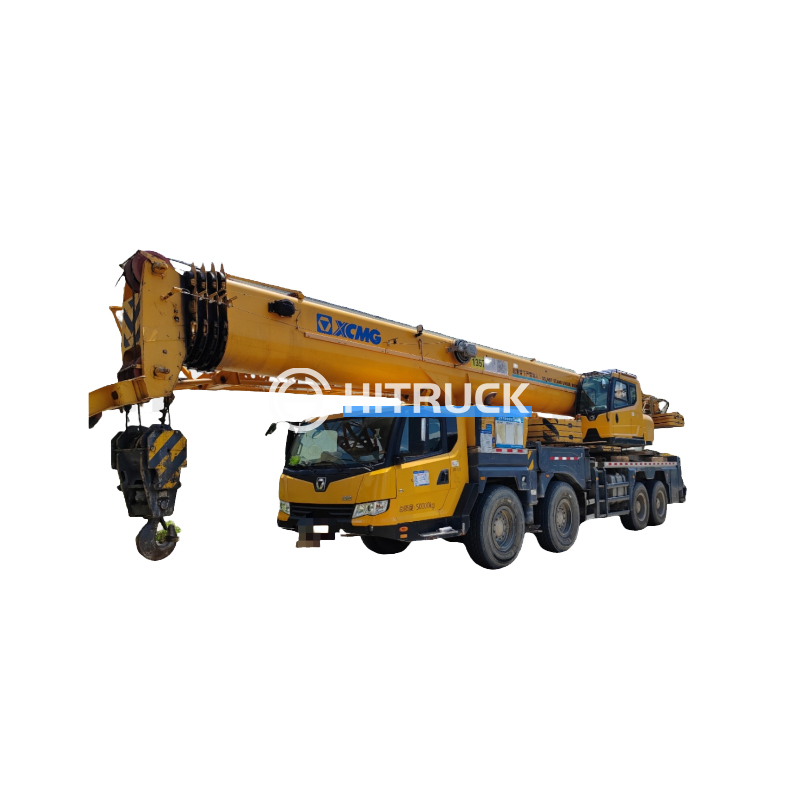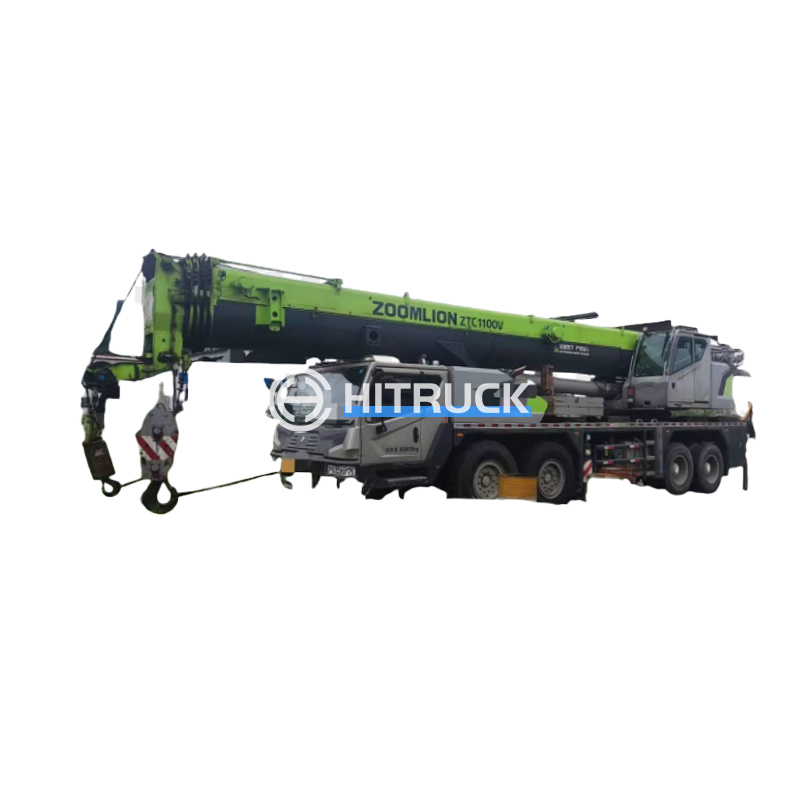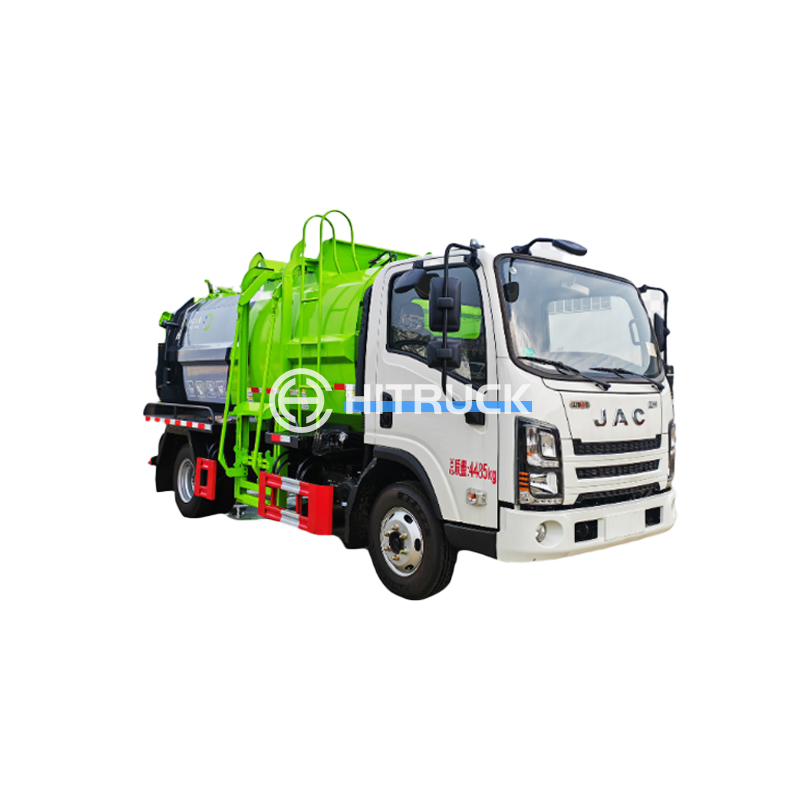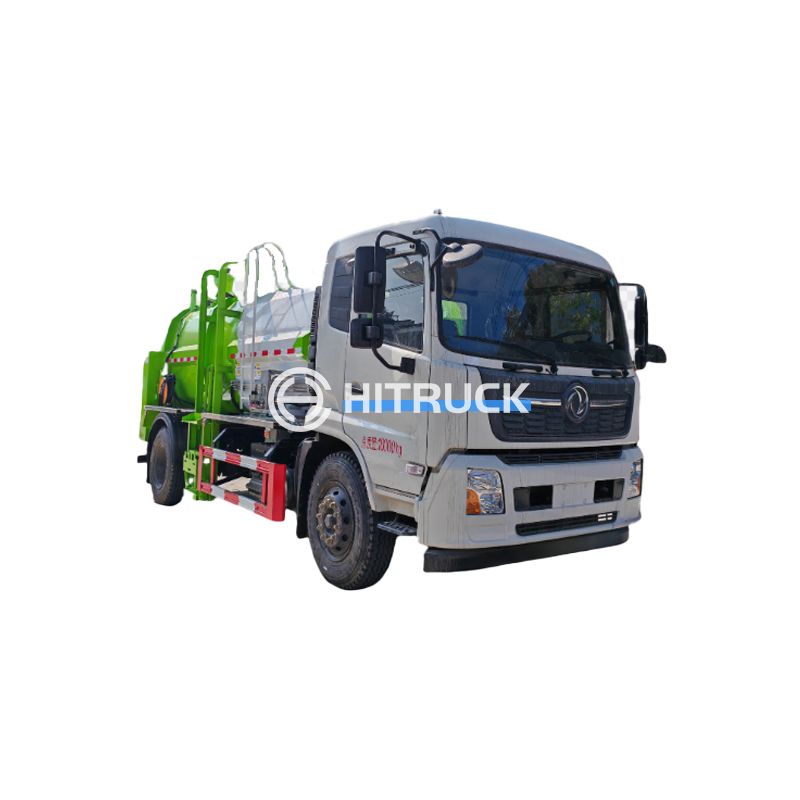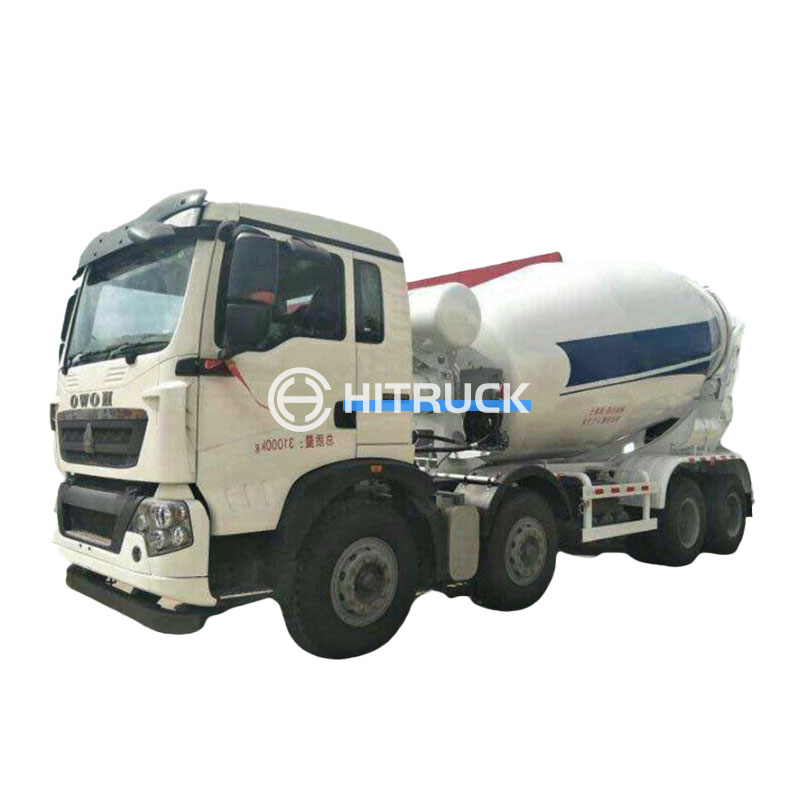Water Truck vs. Water Cannon: Understanding the Differences and ApplicationsWater trucks and water cannons, while both utilizing water for their operation, serve vastly different purposes. This article explores the key distinctions between these two types of equipment, examining their functionalities, applications, and considerations for choosing the right one for your needs. We'll delve into the specifics of each, helping you make an informed decision.
Understanding Water Trucks
What is a Water Truck?
A
water truck is a heavy-duty vehicle designed primarily for transporting and dispensing large volumes of water. These trucks are commonly used in various industries, including construction, agriculture, and firefighting. They vary significantly in size and capacity, ranging from smaller models suitable for localized watering to massive tankers capable of supplying water to large-scale operations. Key features often include robust chassis, large water tanks, and powerful pumps for efficient water delivery. Many modern
water trucks incorporate advanced features such as GPS tracking and automated dispensing systems.
Applications of Water Trucks
The versatility of
water trucks makes them indispensable for a wide range of tasks: Dust Suppression: Construction sites, mines, and demolition projects often utilize
water trucks to control dust, improving air quality and worker safety. Irrigation: Agricultural applications leverage
water trucks for watering crops, particularly in areas with limited access to traditional irrigation systems. Firefighting Support:
Water trucks can serve as supplementary water sources for firefighting efforts, extending the reach and capacity of fire departments. Industrial Processes: Many industrial processes require large quantities of water, and
water trucks provide a reliable means of transport and delivery. Emergency Response: During droughts or other emergencies,
water trucks play a critical role in supplying potable water to affected communities.
Understanding Water Cannons
What is a Water Cannon?
Unlike
water trucks, a
water cannon is designed for projecting water at high velocity and pressure. While they can transport water, their primary function is to use water as a force. They are commonly used in crowd control, riot suppression, and firefighting (though specialized firefighting
water cannons are often distinct from those used for crowd control).
Applications of Water Cannons
The high-pressure water stream from a
water cannon makes it effective for various applications: Crowd Control: Law enforcement agencies utilize
water cannons to disperse unruly crowds or manage protests, offering a less lethal alternative to other crowd control measures. Riot Suppression: In situations of civil unrest,
water cannons can be used to control violent crowds and prevent property damage. Firefighting (Specialized): High-pressure
water cannons can be effective in fighting large-scale fires or reaching areas inaccessible to traditional fire hoses. These are typically mounted on specialized firefighting vehicles.
Choosing Between a Water Truck and a Water Cannon
The selection between a
water truck and a
water cannon depends entirely on the intended application. If you need to transport and dispense large volumes of water, a
water truck is the appropriate choice. However, if you require a powerful, high-pressure water stream for crowd control or specialized firefighting, a
water cannon is necessary.
| Feature | Water Truck | Water Cannon |
| Primary Function | Water Transportation and Dispensing | High-Pressure Water Projection |
| Water Pressure | Relatively Low | Extremely High |
| Typical Applications | Construction, Agriculture, Firefighting Support | Crowd Control, Riot Suppression, Specialized Firefighting |
For more information on heavy-duty vehicles and equipment, consider visiting
Suizhou Haicang Automobile sales Co., LTD. They offer a wide range of solutions for various industries.Note: This information is for general knowledge purposes only and should not be considered professional advice. Always consult with relevant experts for specific applications and safety considerations.


